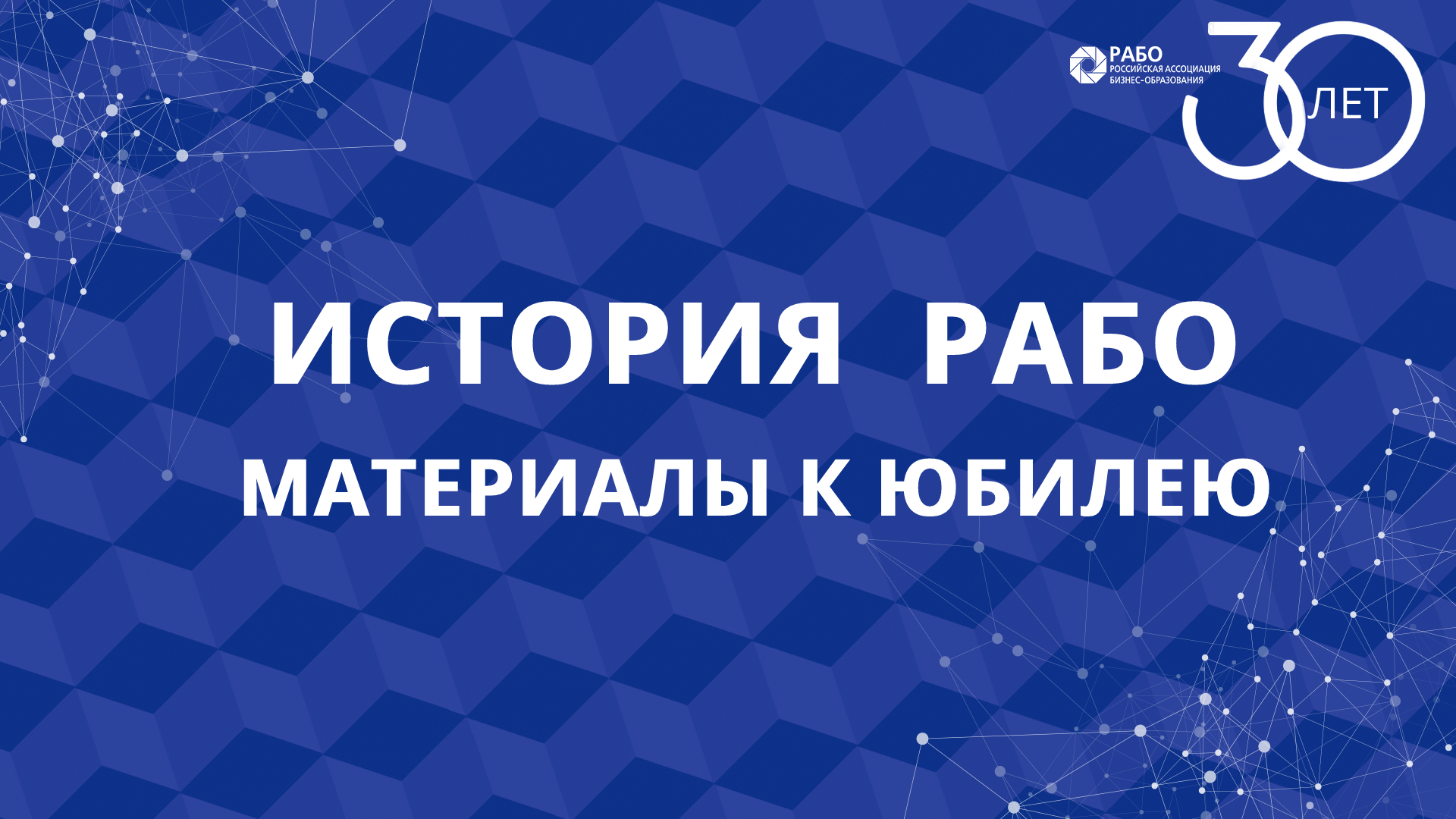Contemporary sociology in a global age
С открытой датой
Описание мероприятия
Язык обучения: английскийОписание программы
The course provides an introduction to different substantive areas of work incontemporary sociology. Students will gain an understanding of leading-edge researchwithin the discipline worldwide. They will be encouraged to apply this understandingcritically to their own social context and their place within it.
The aims of this course are to:
- offer an overview of key issues in contemporary sociology
- apply core substantive and theoretical debates in sociology to a diverse range of empirical societies, including your own.
Assessment
This course is assessed by a three-hour unseen written examination.
Учебный план:
Unit 1: Global inequalities; class; gender; race and age This section investigates key theories of inequality in a global context. It offers the conceptual background of these research fields and presents specific cases as illustration. The major areas of inequality that are examined are social class (Chapter 2), race (Chapter 3), ethnicity (Chapter 4), and gender (Chapter 5).
Unit 2: Other identities: family, religion, and the life course In this section, we explore a range of topics concerned with subjectivity and identity. The module will include topics such as the family, religion and ages and stages of life. It is composed of three chapters: the family (Chapter 6), religion (Chapter 7), and the life course (Chapter 8). The topics look at how the sociological studies of these areas have been re-invigorated in response to global changes.
Unit 3: Nation states, nationalism, war and conflict This unit introduces you to the political sociology and the emergence of the modern nation-state and the sociology of violence and war. The main subject areas are contained in two chapters: nation states and nationalism (Chapter 9), war and conflict (Chapter 10). Empirical case studies include terrorism and genocide. It also broaches the question of whether nation-states are disappearing as globalization takes root.
Unit 4: Money and markets, consumption and work The sociology of economic life is the focus of this unit and includes two chapters: money and markets (Chapter 11), and consumption and work (Chapter 12). We will look at the sociological studies of the multinational corporation, global financial markets, as well as transnational dimensions of the study of the changing nature of work and employment, organizations and networks, and practices of consumerism.
Unit 5: Medical and legal life: Crime and health in the global age Here the focus will be on the study of crime and deviance and on health and medicine in a global context, and cybercrime. It is composed of two chapters: crime in global context (Chapter 13) and global health (Chapter 14). Chapter 13 focuses on the vibrant area in sociology, the field of deviance studies, offering a backdrop of perspectives and discussion of the law and punishment. Case studies include piracy and organized crime. Chapter 14 examines global health and medicine. It describes the biomedical model of health and offers a detailed examination of the sociology of disability.
Unit 6: New science and new sociation: media and the new forms of social life This final section of the course takes account of some of the profound changes that have been occurring in social life as a result of the rapid recent transformations in technology and communication. The first chapter looks at media in the global age, including the digital revolution and the emergence of the global media corporation (Chapter 16). The final chapter focuses on changes in social life with the emergence and spread of the Internet and the growing importance of social media (Chapter 17).
Результат обучения:
At the end of the course and having completed the essential reading and activities students should be able to:
- describe the nature of the sociological perspective and the major theories of contemporary society
- offer a critical and creative reading of the set texts and be able to select relevant material cited by the authors selectively in your examination answers
- evaluate the sociological debates surrounding the processes of globalization and be able to compare and criticise them.
Требования к поступающим:
This course may not be taken with SC1021 Principles of sociology.




